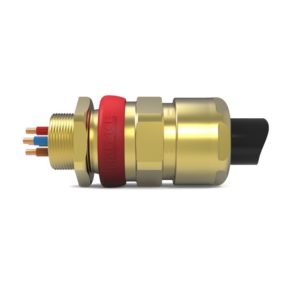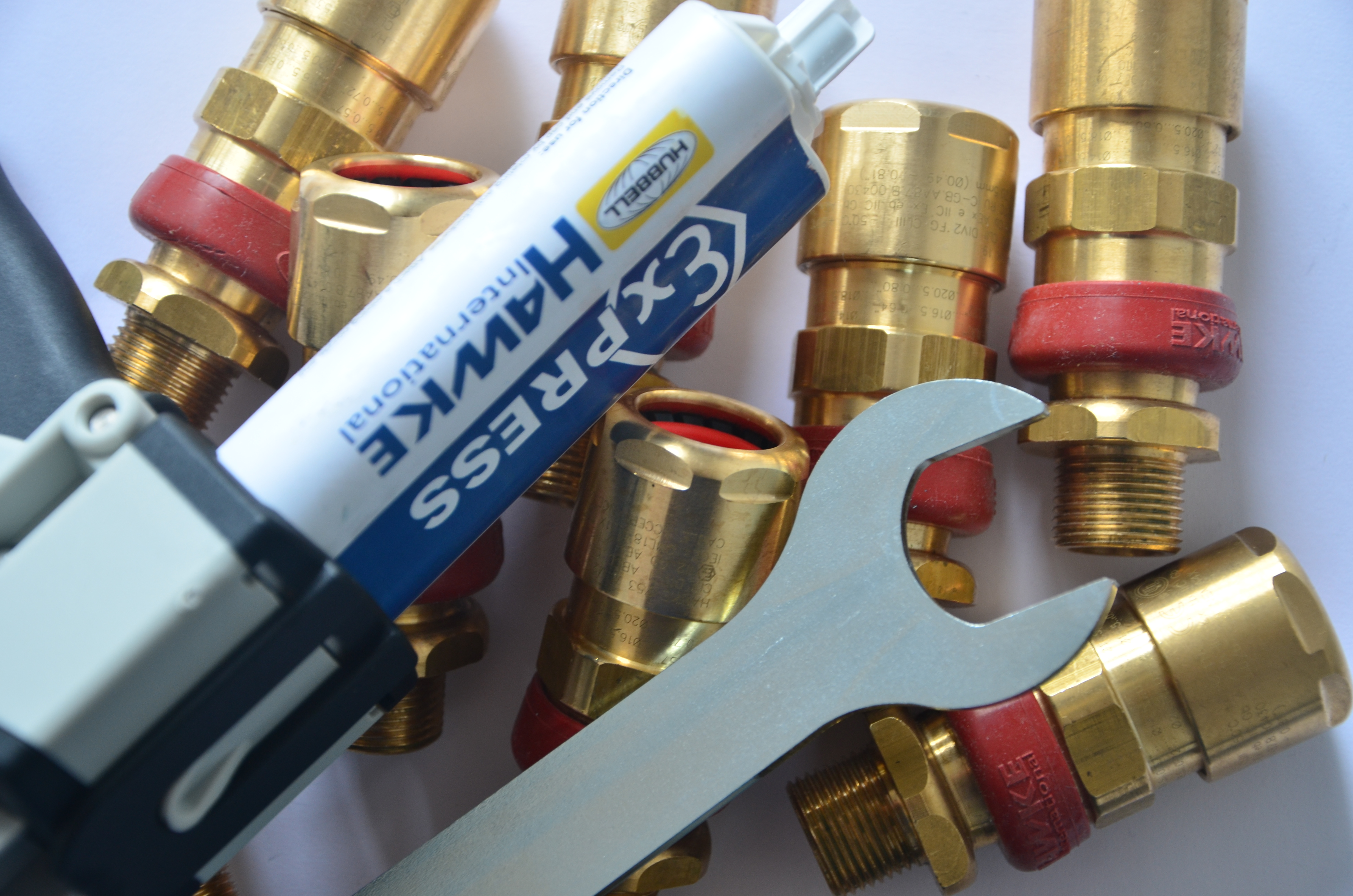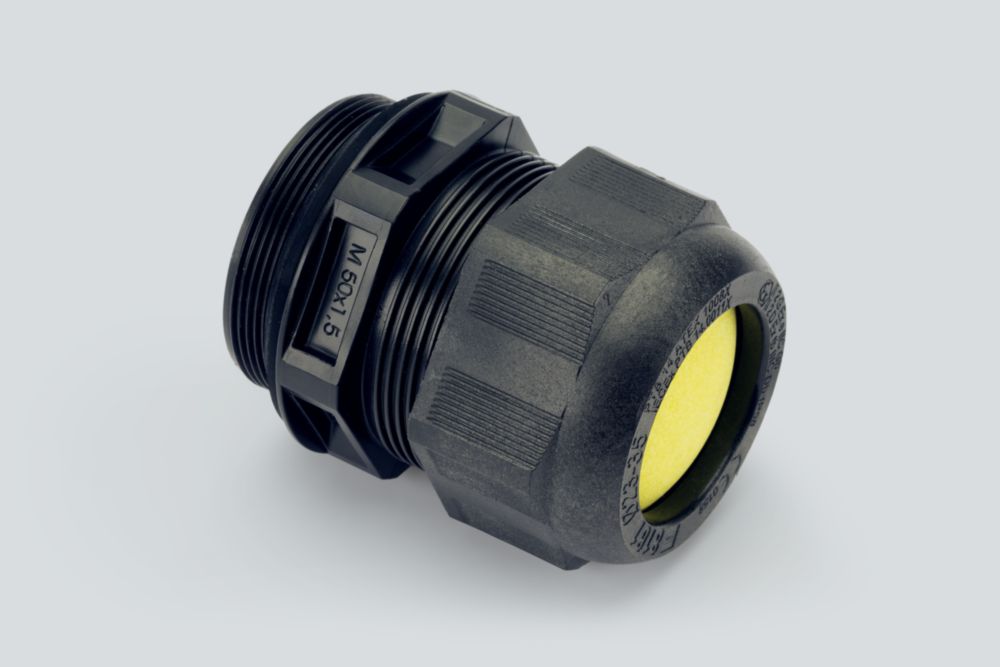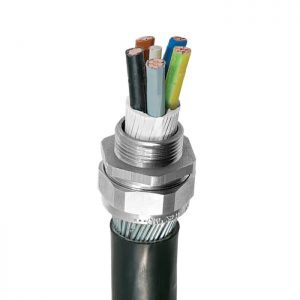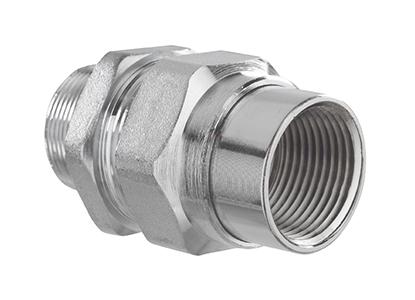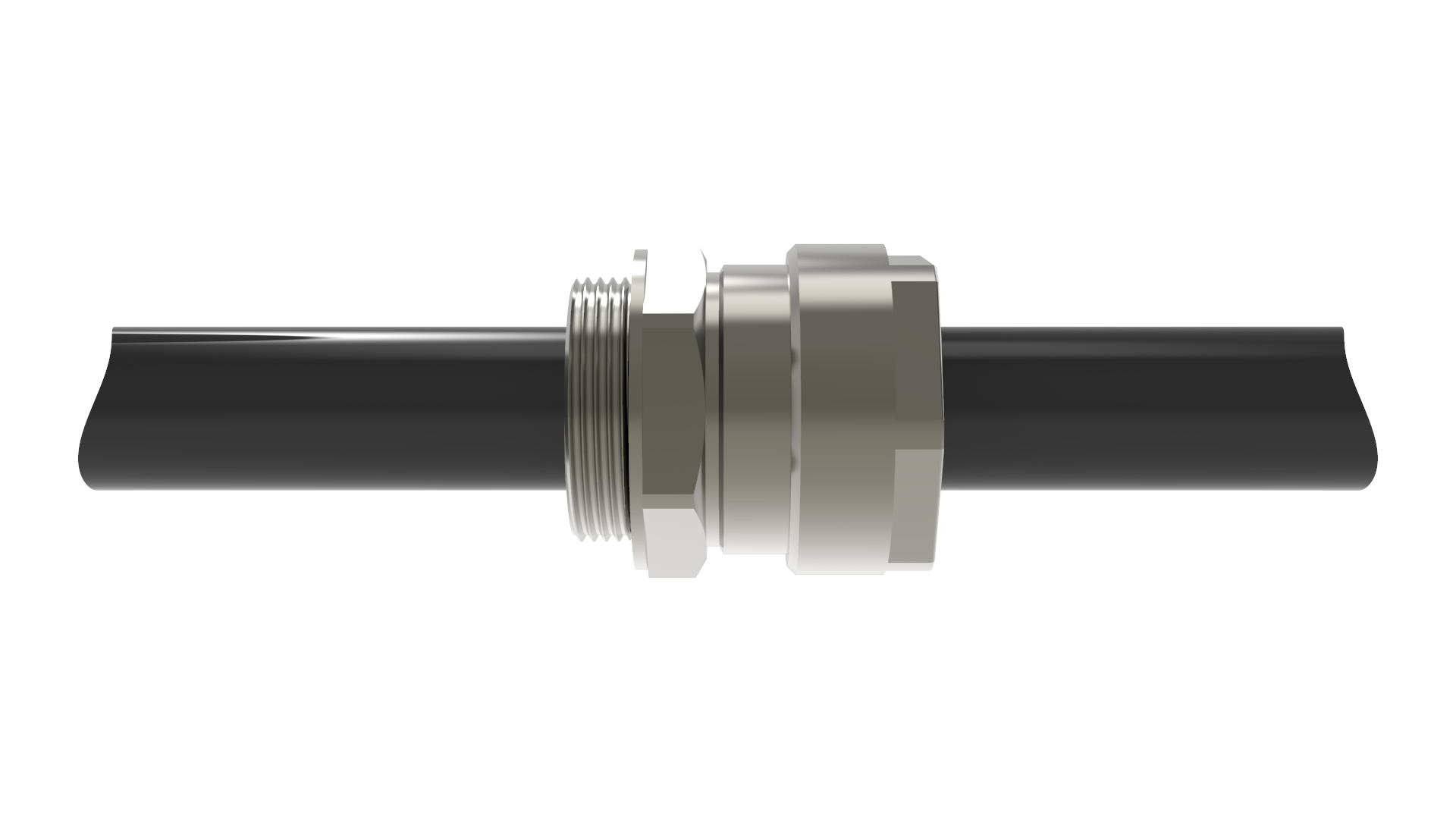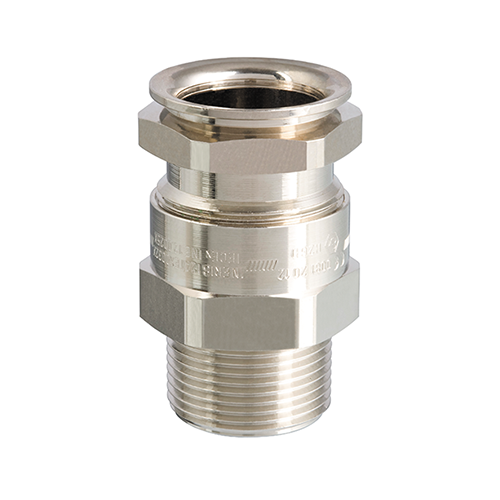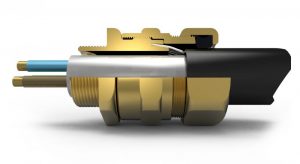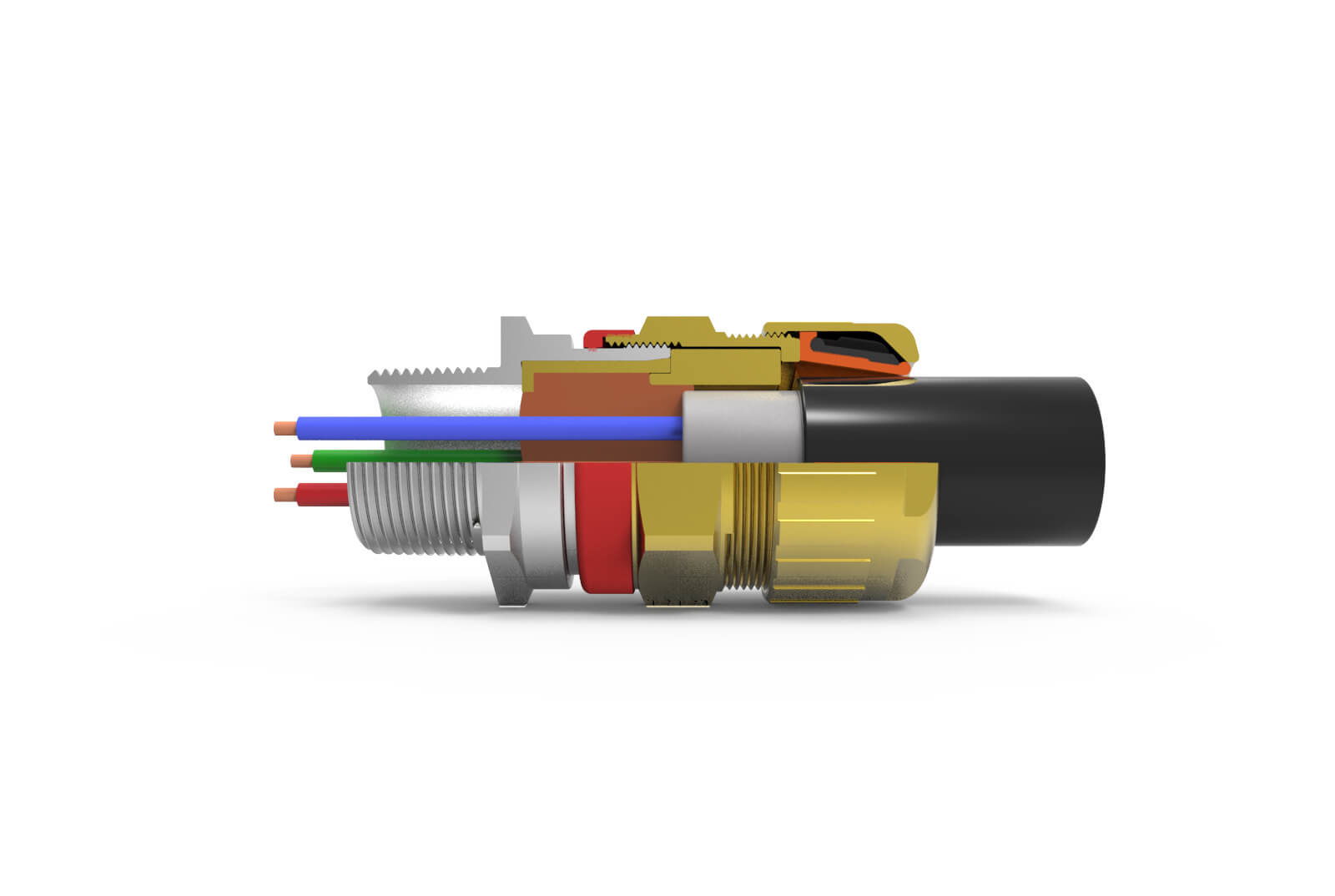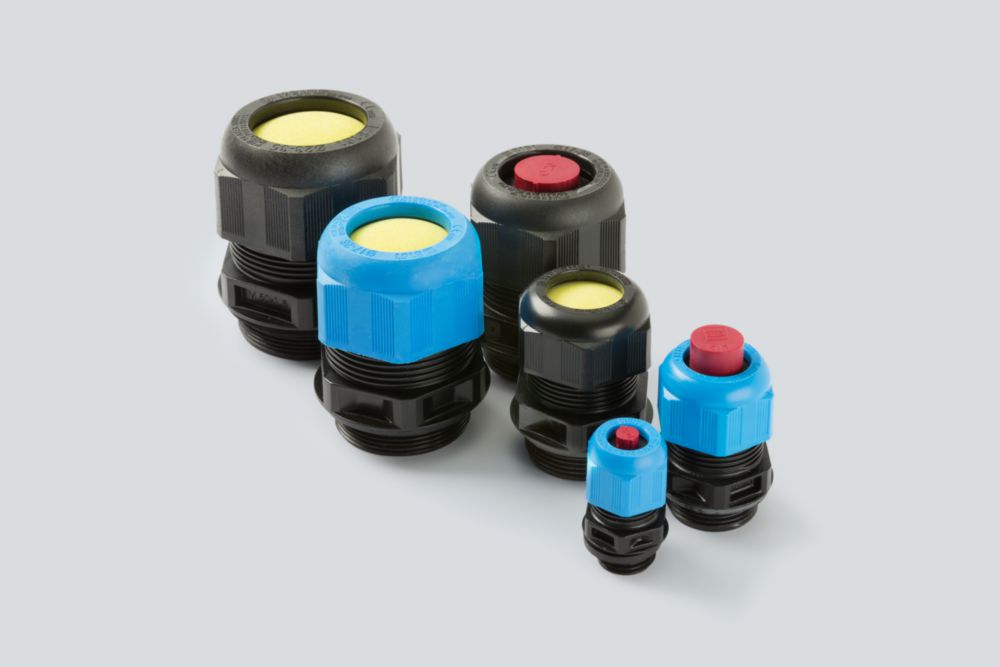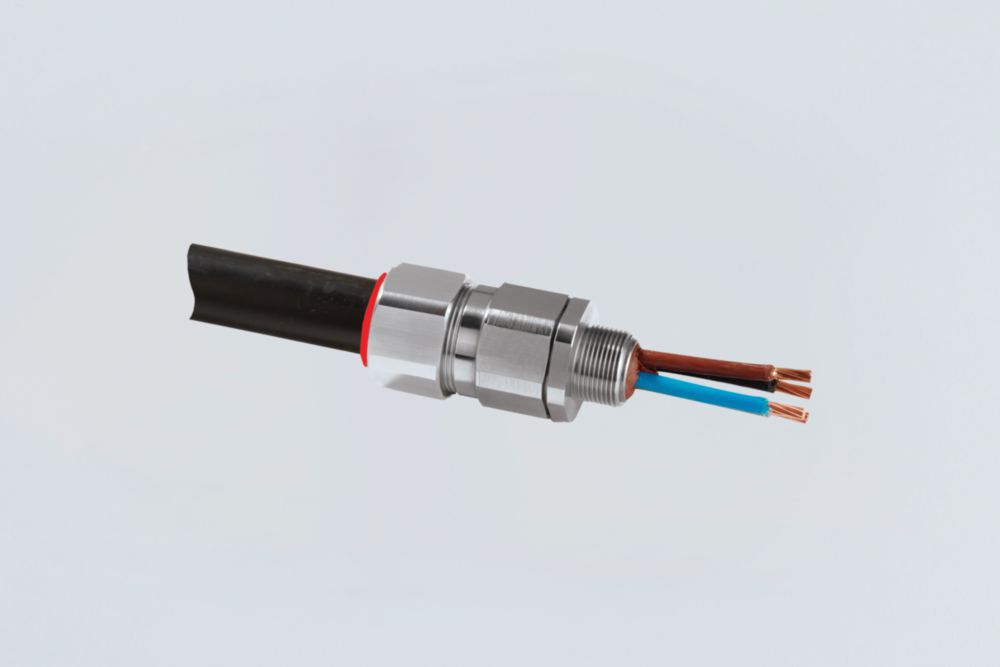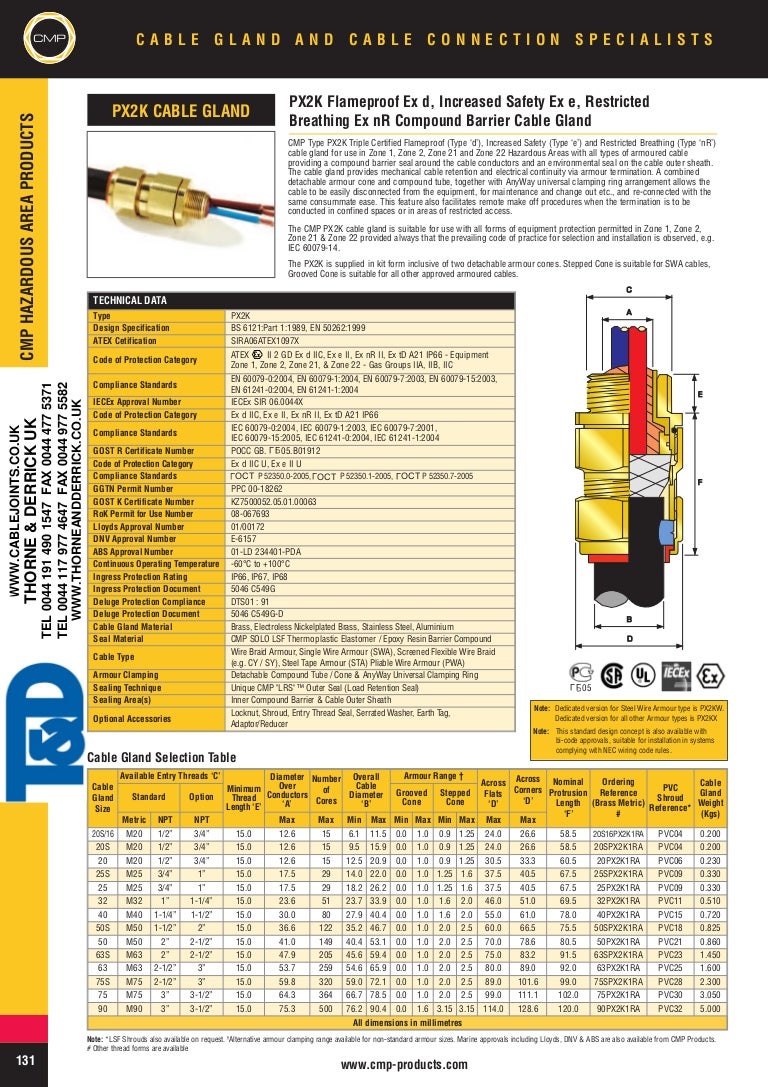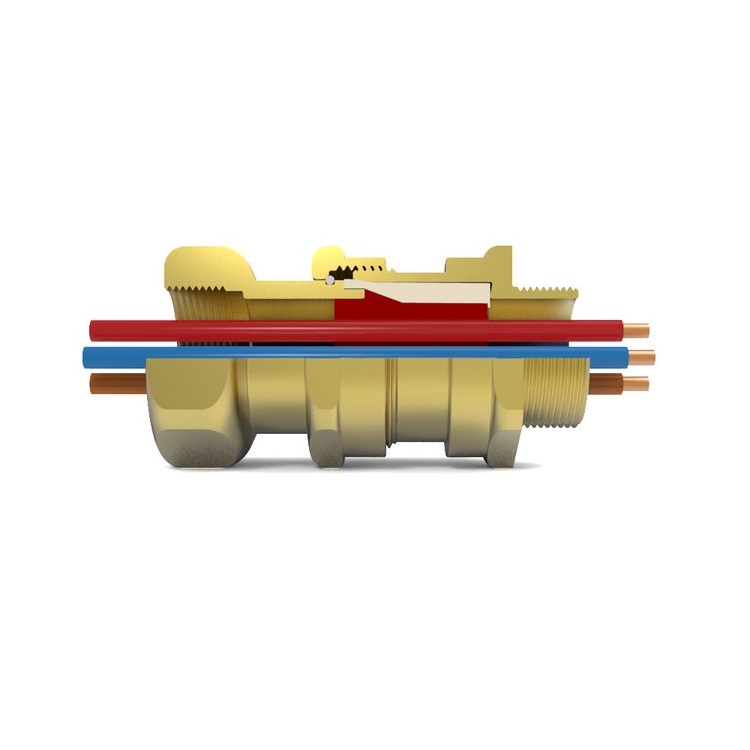Use Of Barrier Cable Glands

These glands meet the requirements of iec 60079 1 and employ a compound seal or other sealing method around each core to prevent the migration of an explosion from within a piece of flameproof.
Use of barrier cable glands. As you can see from the diagrams above some of traditional applications where you may find the need for the use of barrier glands has changed while other specific applications have not. A cable glands sealed with setting compound barrier cable glands b cables and glands meeting all of the following. Iec 60079 14 mandates the use of barrier glands to be fitted to the unfilled multicore cable especially on ex d equipment and where there is a risk of gas migration through the cable. However under the new edition unless the cable is at least 3m in length a barrier gland will be required.
It is sometimes needed for process connected equipment like instrumentation where there is. Where necessary to prevent the drop in pressure the ingress of combustible gas or vapour by diffusion or to prevent leakage of protective gas wiring systems shall be sealed. Sealing cables to prevent migration of flammable gas or liquid is not usually needed for general equipment like lights junction boxes motors etc. Barrier glands are also required for the following equipment.
With the increased use of unfilled and multicore cables in explosive gas atmospheres the use of barrier glands has become more necessary. Note the use of non barrier glands even in a zone 1 iic environment with the connecting cable. We commonly use a barrier gland to seal the cable entry in an ex d box to prevent that flame propagation. Go to capri ade 4f flameproof increased safety armored cable gland.
Go to capri ade 5f gland for armored cable with anti rotation clamp. The cable entry system shall comply with one of the following. The use of non barrier glands for direct entry into ex d enclosures per iec 60079 14 2013 5th ed. Ex p pressurized equipment may also necessitate the use of barrier glands.
New rules barrier gland ex d. Previously all junction boxes and indirect entry terminal boxes did not require barrier glands. Note the use of non barrier glands even in a zone 1 iic environment with the connecting cable lengths exceed the 3 meter rule. The uk committee is unclear as to the justification for this change given that potential failures only arise after multiple ignitions.
A barrier gland is a cable gland that provides a seal around the individual cores of a cable to maintain the flameproof integrity of exd equipment.




